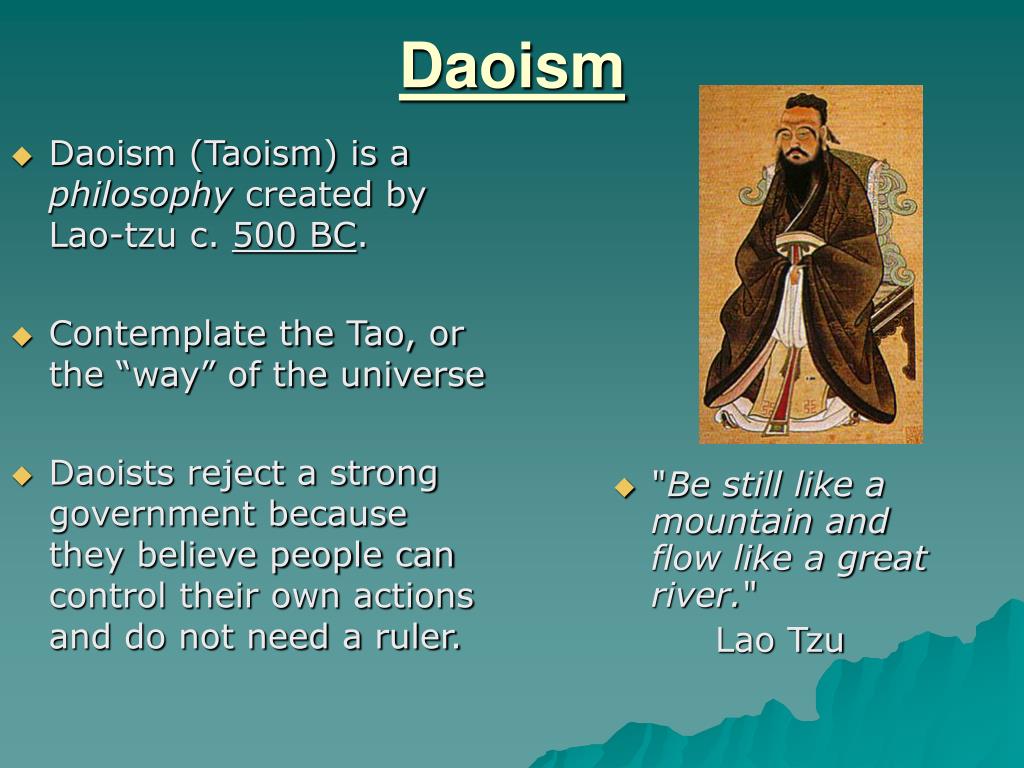The idea that history is aiming at some ideal political outcome has largely been discredited. And yet the narratives about today’s political trends – democratic backsliding, populism, authoritarian nationalism – are still animated by sense that history has a structure. Instead of seeking reason and meaning in world events, we should embrace the liberating idea that chance and contingency drive history, writes Alexis Papazoglou. We live in a post – End of History world. Even though most Westerners, including Francis Fukuyama himself, are no longer convinced by the idea that liberal democracy is the endpoint of political ideology. This Hegelian phrase ‘the end of history’ has of course been wildly misinterpreted. Fukuyama himself never claimed that history had come to an end, and in fact warned about all the ways in which it could all kick off again. And Hegel didn’t mean that there was going to be no history after the Prussian state – his version of the politi…
Read the full article which is published on IAI TV (external link)






